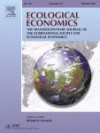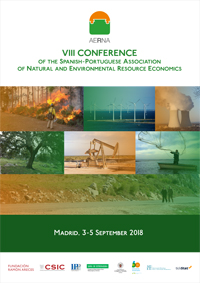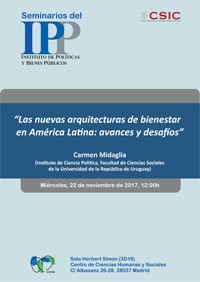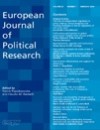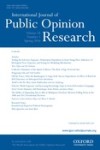González-Ferrer, A. & Moreno Fuentes, F.J. (2017) Back to the Suitcase? Emigration during the Great Recession in Spain. South European Society and Politics 22(4): 447-471
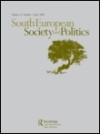
Abstract. The complex and multidimensional economic crisis experienced by Spain since 2008 significantly altered migration patterns in this country. Large scale unemployment contributed to slow down migrant inflows and accelerated out-migration flows in Spain. The media coverage of these processes created a distorted image of the patterns of migration affecting Spain during the crisis.



